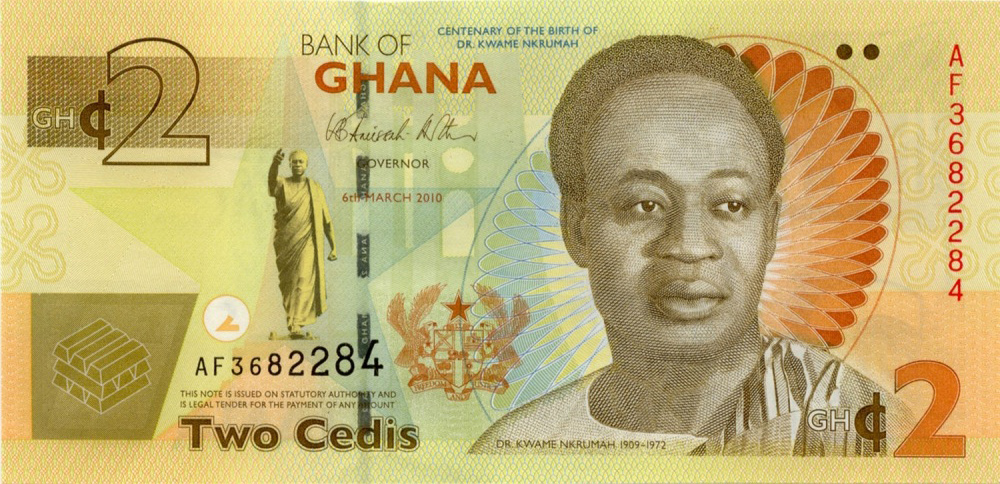
The Political Life of Kwame Nkrumah (1945-1957)
Kwame Nkrumah was born in 1909, in the south west part of the Gold Coast (present day Ghana). His father was goldsmith who belonged to the Nzima tribe. Nkrumah was educated at the Roman Catholic Mission School and the great secondary school in Achimota near Accra. After completing high school, he studied to become a teacher and eventually left Ghana to study in the United States. There he spent ten years as a student and teacher at Lincoln University in Pennsylvania.
In 1945, Nkrumah left the United States for England where he met George Padmore, a prominent journalist from the West Indies with whom he worked on the Pan African Congress held in Manchester, England. The conference was presided over by Du Bois, however, many of the delegates were Africans who passed a resolution condemning colonialism. In addition to Nkrumah, some the delegates included Jomo Kenyatta, Senghor and Houpouet-Boigny. The resolution demanded the right to:
- Freedom for Africans
- Education
- Earn a decent living
- Express our thoughts and emotions
- Create and adopt forms of beauty
- Black autonomy and independence

In 1947, the United Gold Coast Convention was founded by ‘men of substance’, Africans who had fared somewhat well during colonialism. They invited Kwame Nkrumah to be their General Secretary. The organization had typically been non-confrontational and its older leaders believed independence would be accomplished in a decade or more. However, once Nkrumah returned, he quickly launched a nationwide tour and established more than 500 branches of the party all the while issuing membership cards collecting dues and fundraising. After several leaders of the United Gold Coast Convention were arrested for participating in a violent demonstration, rifts began to form in the party. Activists like Nkrumah welcomed violence as a means of achieving independence while older leaders believed in non-violence.
In response, Henley Coussey and a committee of members from the United Gold Coast Convention worked on a constitution which would be the basis for an independent Ghana. The new constitution granted Africans:
- An all-African Legislative Assembly
- An executive council or cabinet with eight ministers chosen from the assembly
- Three ministers nominated the governor from the European civil service
In 1949, Kwame Nkrumah founded his own Convention People’s Party (CPP) and denounced the Coussey constitution as “imperialist fraud”. The CPP leaders were arrested for inciting several strikes boycotts and imprisoned for a year. In the elections held in 1951, the CPP won and agreed to work with the colonial government for a transitional period under the Coussey constitution.
On March 6, 1957, the Gold Coast became known as Ghana.
Kwame Nkrumah credits Marcus Garvey’s Philosophy and Opinions of Marcus Garvey’ as having the most profound influence on his life.



